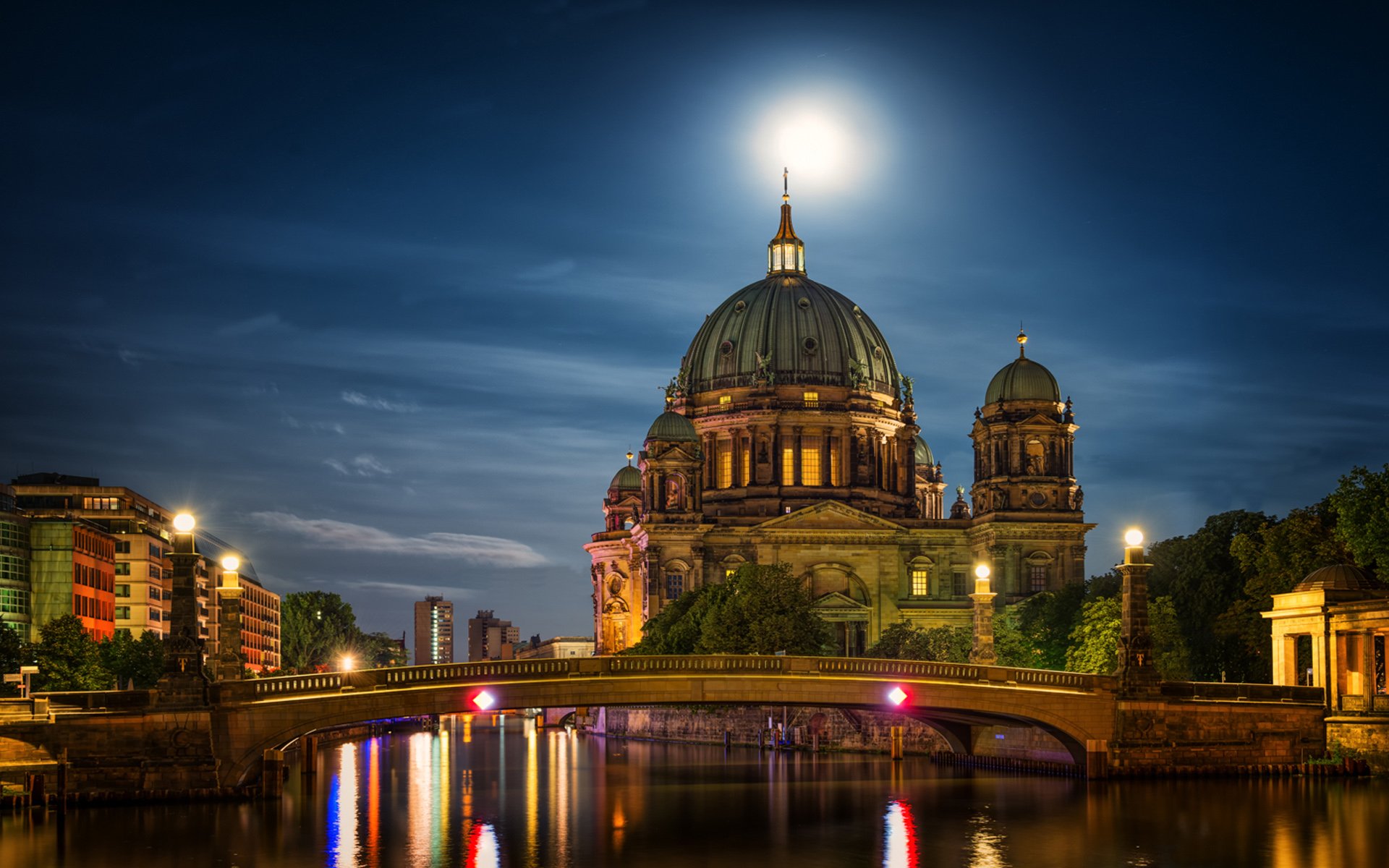Religious Freedom in Germany: Legal Protections and Limitations
Religious Freedom in Germany
Germany, with its profound historical connections to both Protestantism and Catholicism, guarantees Religious Freedom in Germany as a fundamental right. This principle is safeguarded by the German Constitution (Basic Law), which ensures individuals the right to freely exercise their religion. Nonetheless, certain restrictions exist to uphold public order and safeguard other fundamental rights. This article delineates the legal safeguards and limitations pertaining to religious freedom in Germany.
- Constitutional Safeguards:
Article 4 of the German Basic Law unequivocally safeguards religious freedom, asserting:
- Religious liberty: Individuals have the right to articulate and practice their faith or philosophical perspective without restriction.
- The state is barred from probing into an individual’s religious views.
- The right to assemble permits religious groups to congregate for worship and other religious activity without governmental interference.
This constitutional safeguard pertains to both persons and religious organizations, guaranteeing the right to practice one’s beliefs in both private and public spheres.

- Secularism of the State:
Germany adheres to a policy of religious neutrality, signifying that the state neither endorses nor discriminates against any religion. Nonetheless, a distinct relationship exists between the state and specific religious organizations. Churches and religious groups, including the Catholic Church, Protestant Church, and Jewish communities, are designated as public-law enterprises (Körperschaften des öffentlichen Rechts), enabling them to levy church taxes via the state.
- Religious Education in Educational Institutions:
In Germany, religious education is included in the public school curriculum, while participation is voluntary. Students may elect to participate in classes pertaining to their religious faith or decline participation altogether. The state permits many religious groups, including Muslims and Jewish organizations, to offer religious education; however, this authority is granted solely to registered religious communities.
- Restrictions on Religious Liberty:
Although religious freedom is generally safeguarded, it is not unconditional. The state may impose restrictions to safeguard public order, safety, or the rights of others. The primary constraints encompass:
- Public order and security: Religious practices that jeopardize public order, provoke violence, or violate the rights of others may be curtailed. Extremist organizations that employ religion to rationalize violence or prejudice are susceptible to governmental surveillance or prohibitions.
- The display of religious symbols, such as headscarves, may be restricted in various professions, including public school educators, judges, and law enforcement officers, contingent upon the particular laws of the state. This aims to uphold state impartiality and prevent possible conflicts in public service positions.
- Animal rights and religious practices: Ritual animal slaughter, such as halal or kosher, is permitted, provided it adheres to strict criteria that ensure animal welfare, potentially necessitating prior authorization from relevant authorities.
- Recent Developments (2024):
In 2024, Germany maintains a balance between religious freedom and other societal concerns.
- Enhanced rights for Islamic communities: Initiatives have been undertaken to guarantee more fair representation of Islamic organizations in religious education and to acknowledge mosques as public-law bodies in certain states.
- Monitoring of extremist religious organizations: Authorities persist in their vigilant observation of radical religious groupings that advocate extremism or undermine the democratic framework, particularly in light of increased apprehensions around extremism.
For more detailed insights on religious freedom across Europe, visit European Union Agency for Fundamental Rights.
Conclusion: In Germany, religious freedom is robustly safeguarded by the Constitution, which permits people and communities to exercise their faith without restriction. The state upholds religious neutrality; yet, certain restrictions may be imposed in areas such as public order and safety. As of October 2024, Germany maintains a balance between freedom of belief and societal protections, fostering a stable climate for religious pluralism.
For more information about living and working in Germany, check out Chancenkarte Info to explore resources and insights tailored to your journey.



